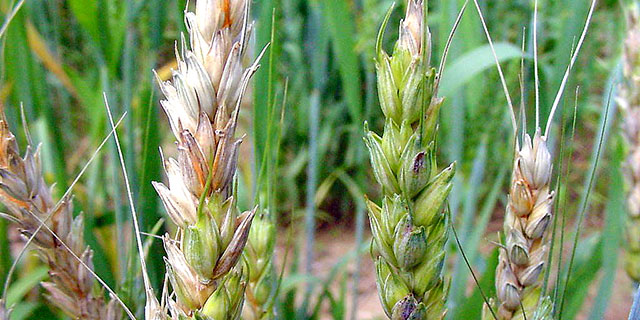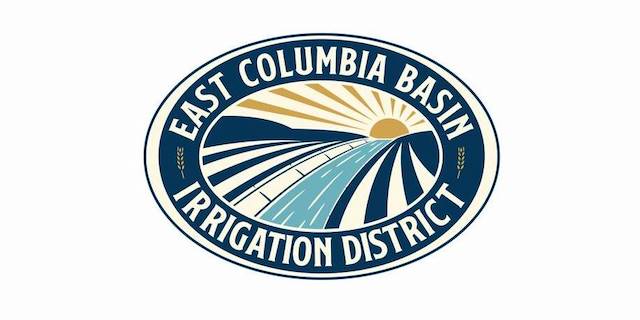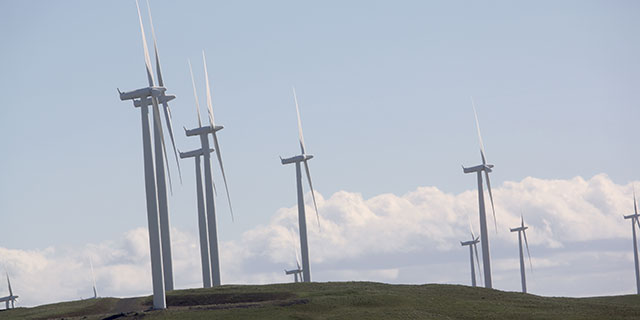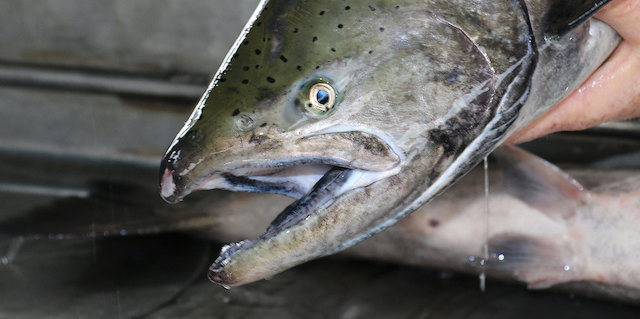Policy center adds up farmers’ tax burden
Published 9:45 am Friday, January 10, 2020

- Pam Lewison
A Washington think tank has released a new white paper tallying the tax burden the state’s farmers pay.
The total in 2018 was nearly $923 million, according to the Washington Policy Center, a nonprofit think tank.
The purpose of the white paper was to set the record straight in light of comments from some critics that farmers don’t pay enough taxes, said Pam Lewison, agriculture policy director at the center.
“At the tail-end of the 2019 legislative session, there was a lot of testimony that went around that farmers don’t pay any taxes of any kind,” said Lewison. “Being both a policy analyst and farmer, I happen to know that farmers do pay taxes.”
Lewison farms in Moses Lake, Wash., raising alfalfa and corn with her husband, Jim, and helping her parents raise corn and wheat.
In 2018, according to the white paper, the 63,298 farmers in the state paid:
• Nearly $2 million in retail sales taxes.
• Nearly $5.6 million in state business and occupation taxes, including 1,200 individual vendors who sell agricultural products at farmers’ markets or farmers who sell value-added products.
Some agricultural activities are exempt from state Business and Occupation taxes because they are not “manufacturing” as defined by law, including packing agricultural products, cubing hay or alfalfa, production, growing or harvesting agricultural products and processing fish.
Agriculture is excluded from the B&O “manufacturing” tax because the function of agriculture is not to manipulate a pre-existing item but rather to grow a crop or nurture livestock to maturity.
Additionally, wholesale sales of agricultural products farmers have produced on their farms are exempt from B&O taxes, according to the center.
• More than $403 million in property taxes.
• Nearly $462 million in Social Security and Medicare taxes.
“Generally speaking, farmers participate in all of the taxes that anybody else pays,” Lewison said.
Like any business, farmers and ranchers do not pay retail sales tax on raw materials, supplies and other inputs, according to the center.
Tax-exempt wholesale supplies that are particular to farming include equipment and machinery replacement parts, livestock nutrient management equipment and facilities, agricultural employee housing, animal pharmaceuticals, livestock for breeding and cattle or dairy cows used to produce an agricultural product, diesel, biodiesel and anaerobic digesters, according to the center.
The retail sales tax exemption mitigates the cost of equipment repair and maintenance when purchasing replacement parts and alleviates some of the cost of fuel.
Lewison said she found it interesting that farmers in Washington and Hawaii are the only ones in the country to pay a retail sales tax when purchasing new equipment.
“If you start talking about a $150,000 tractor or a $500,000 combine, for example, the taxes you’re paying on top of that are significant,” she said.
Lewison said it’s important for growers to have the information at their finger tips as a form of “self-defense.”
“We happen to live in a state that seems to be getting further and further away from their food source,” she said. “Information about it seems to get more skewed. Farmers are going to start answering hard questions.”
Lewison points to continued pressure to pass a state income tax. It would potentially impact farmers, she said.
The center will monitor the new legislative session for farm-specific taxes, she said.
Lewison advises farmers to tell their stories.
“I think farmers get into the trap of telling each other their gripes and concerns,” she said. “We too often get caught in that echo chamber when we need to be talking to lawmakers and other people who live off-farm and telling them why food production in Washington is important.”
https://bit.ly/35F8rXl






